Q&A: Why have rail upgrade plans been delayed?
- Published
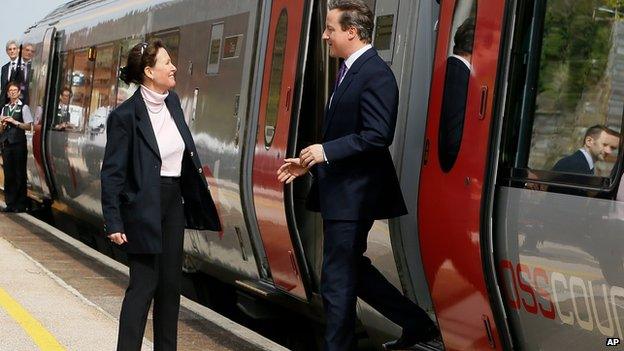
The government rejects Labour claims that voters have been 'betrayed' by rail upgrade promises
The government is delaying a number of rail modernisation projects planned. Labour claims voters have been "betrayed" but ministers insist they only learned recently that promised upgrades would have to be paused.
What was the original plan?
Announced in March 2014, the government said the five-year £38bn investment programme for England and Wales would benefit millions across the country. The plan included the construction of new tracks, renovation of stations and an upgrade of existing lines.
The government highlighted some key features, external, including creating a Northern Hub "transforming rail across the north of England", the electrification of 850 miles of railway and a new link between the Great Western, West Coast and Midland main lines.
Danny Alexander, the then Chief Secretary to the Treasury, said the programme would "involve the largest modernisation of the railways since Victorian times", while Transport Secretary Patrick McLoughlin said it would "generate growth, create jobs and boost business".
What has happened now?
Transport Secretary Patrick McLoughlin: "Network Rail spending should stay within its funding allowance"
This week the government said rising costs and missed targets made the original project untenable. Mr McLoughlin said the plan was being "reset".
Sir Peter Hendy, who will become Network Rail's new chairman, will report to ministers in a few months with a new plan, detailing what can go ahead and how much it will cost.
Electrification work on the Midland mainline and on the Trans-Pennine route between Leeds and Manchester has been paused, although work on the Great Western main line will go ahead.
BBC business editor Kamal Ahmed wrote after the announcement: "Today all bets are off as to how much of the ambitious plan will be delivered. And when."
Network Rail chief executive Mark Carne said it would not be possible to estimate the impact of the delays on the final cost.
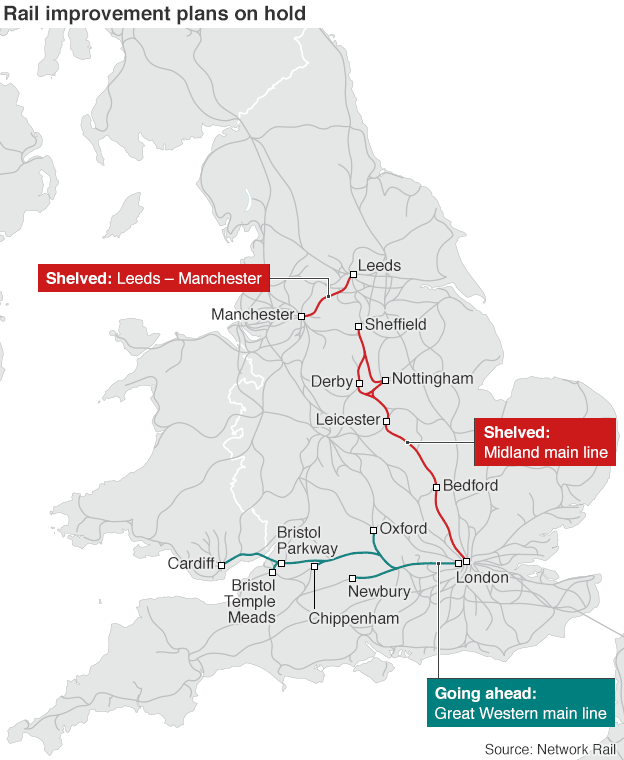
Did anyone see this coming?
Senior sources in the rail industry have told the BBC the Department for Transport was warned last spring that the five-year plan was at risk.
The House of Commons Transport Select Committee raised some concerns in January, external, writing: "We are concerned that key rail enhancement projects - such as electrification in the north and north west of England - have been announced by ministers without Network Rail having a clear estimate of what the projects will cost, leading to uncertainty about whether the projects will be delivered on time, or at all."
There were other warnings from the Office of Rail Regulation.
In their 2015 election manifesto, the Conservatives committed to electrifying main routes, funding "the biggest investment in rail since Victorian times" and repeated the pledge to "invest £38 billion in our railway network in the five years to 2019."
Sources in the Department for Transport and Network Rail told the BBC they only realised the problems were so bad that a pause was needed in the week before the announcement.
Is anyone to blame?
Announcing the delays, Mr McLoughlin blamed Network Rail. He announced that its current chairman, Richard Parry-Jones, would leave his position. David Cameron's official spokesman said the organisation's performance "hasn't been good enough".
Mark Carne, Network Rail CEO: "A lot of those targets just aren't achievable"
But Network Rail said the plans were too ambitious. Mark Carne told the BBC the challenges of delivering myriad improvement projects while still running a railway seven days a week were simply overwhelming.
He said: "Rather than beating ourselves up over some rather arbitrary target, I think we should level with people and reset expectations around what we can deliver."
Labour accused the Conservatives of waiting until after the general election before admitting upgrades could not go ahead as scheduled.
Michael Dugher, the shadow transport secretary, also accused the government of trying to "shift all the blame" to Network Rail, adding: "This happened on the government's watch and the responsibility for this mess lies squarely with the government".
What do consumer groups say?
Transport Focus, the independent watchdog, said passengers would be "disappointed" by the announcement.
Chief executive Anthony Smith said: "Long-term plans and investment are important and welcome, and passengers have put up with much inconvenience in the expectation of a better, more reliable, and more comfortable rail service.
"What passengers will want now is a clear plan of action, setting out exactly when Network Rail will start to deliver some of the promised improvements. They want to know that somebody is getting to grips with this."
What about the 'Northern Powerhouse'?
The creation of a "Northern Powerhouse" has been a key part of the government's economic policy. In the Tory manifesto, electrification of the main rail routes featured under the Northern Powerhouse section.
Labour frontbencher Hilary Benn said the pausing of that electrification scheme undermined the idea. The Leeds Central MP said: "You can't talk about the northern powerhouse and then shelve a project that would improve transport links between Leeds and Manchester."
But the minister responsible, Andrew Jones, wrote in the Yorkshire Post, external on Friday: "This is a pause, not a stop, and this change to the team will strengthen it to make sure we deliver. We remain hugely ambitious and that is why the budget remains intact."
What happens now?
Much of the investment is still expected to go ahead, but at a slower pace and with a higher cost, BBC business editor Kamal Ahmed says.
The Department for Transport says the Midland Mainline and Trans-Pennine electrifications have been paused - not scrapped - and the government remains committed to making them happen.
Whitehall sources have also told Kamal Ahmed the plan is still to spend £38bn over five years - meaning the Tories do not break their manifesto pledge.
- Published26 June 2015
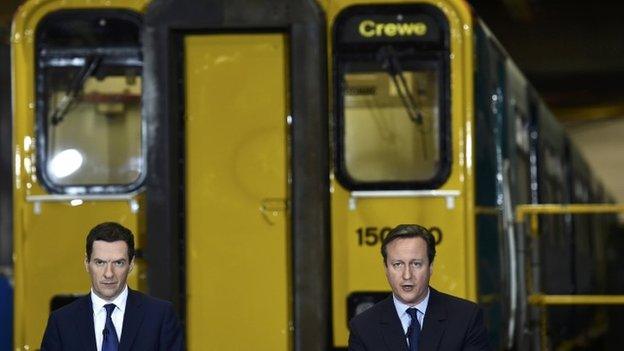
- Published25 June 2015
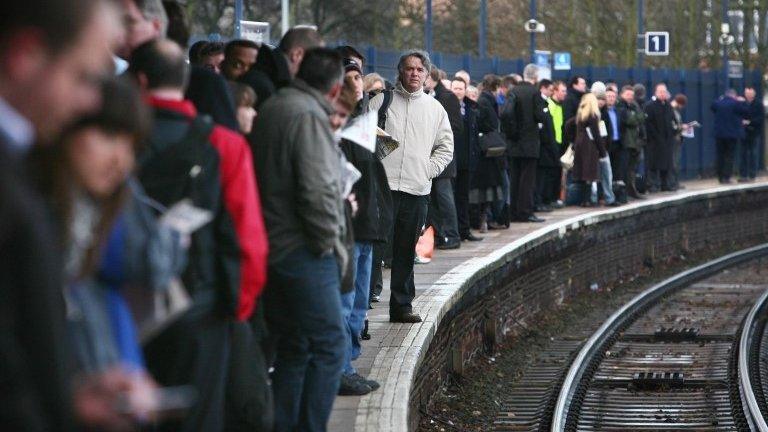
- Published25 June 2015
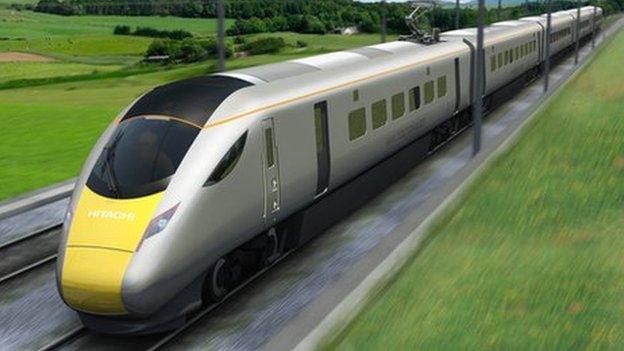
- Published25 June 2015